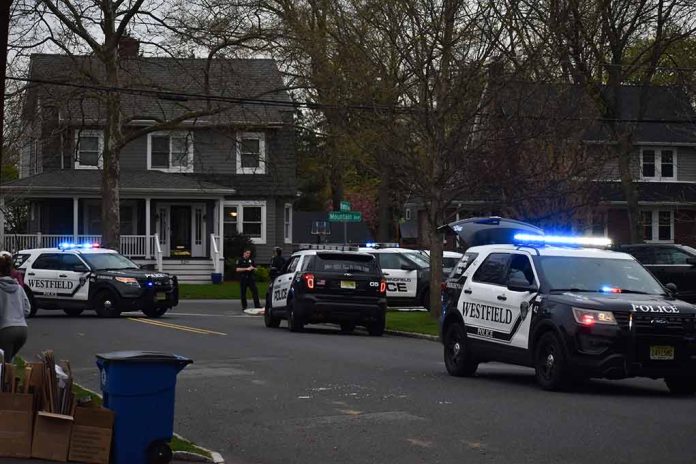
Squatting is a significant issue plaguing property owners across the United States. Homeowners often bear substantial financial losses due to repair costs and prolonged legal battles required to evict squatters. For those unfamiliar, squatting is defined as occupying an uninhabited property without the owner’s permission, which is distinct from mere trespassing.
The emotional and financial toll on homeowners is evident. Addressing this, experts suggest several protective measures. Monitoring homes while away using neighbors or security cameras, and having a trusted person keep watch over properties up for sale, can serve as effective deterrents. Consulting a real estate attorney at the first sign of suspicious behavior can help navigate complex state laws regarding squatters.
Legal Complications and State Responses
Legal frameworks surrounding squatter rights differ significantly by state, introducing further complexities. In many states, adverse possession laws allow squatters to potentially gain property rights over time if they meet specific conditions. This compels property owners to resort to time-consuming and costly civil eviction processes, even in clear cases of trespassing.
“For homeowners, I would say my best tip would be if you are going to go ahead and move out of state and your home is going to be sold after you’ve left or if you are a distant relative and you have a family member’s home that is tied up in probate, have someone keep a regular close watch on the property,”- Courtney Hartsfield, Realtor at Tyler Hughes Realty Group, Horizon Realty.
At the legislative level, states like Florida and Texas are making significant strides. Florida’s laws now permit law enforcement to remove squatters without requiring a civil eviction process. This change is a major relief for property owners, allowing quicker and more straightforward resolutions when dealing with unauthorized occupants.
“The Florida statute now makes it easier for landlords to call the police in those specific situations where the property wasn’t open to the public and the person is not a tenant.” – Jerron Kelley, Kelley & Grant P.A. in Boca Raton
Texas’ Legislative Review
In Texas, the rise in squatting cases has prompted a reevaluation of both property and eviction laws. The Texas Legislature is currently reviewing squatters’ rights to simplify the eviction process and enable homeowners to reclaim their properties more easily. Legal experts argue that cases involving clear trespassing should not require a lengthy civil eviction process, thereby alleviating undue financial and emotional stress on homeowners.
“This makes promptly securing legal counsel an absolute imperative to initiate the formal eviction process correctly. Furthermore, under no circumstances should owners attempt confrontational ‘self-help’ eviction tactics, as this often strengthens tenants’ legal standing,”- Gray.
In conclusion, while squatting continues to be a major obstacle for property owners, there are legislative and practical solutions available. By familiarizing themselves with state laws, seeking legal counsel early, and utilizing community vigilance, homeowners can better protect their property and navigate the complex terrain of squatter rights.













